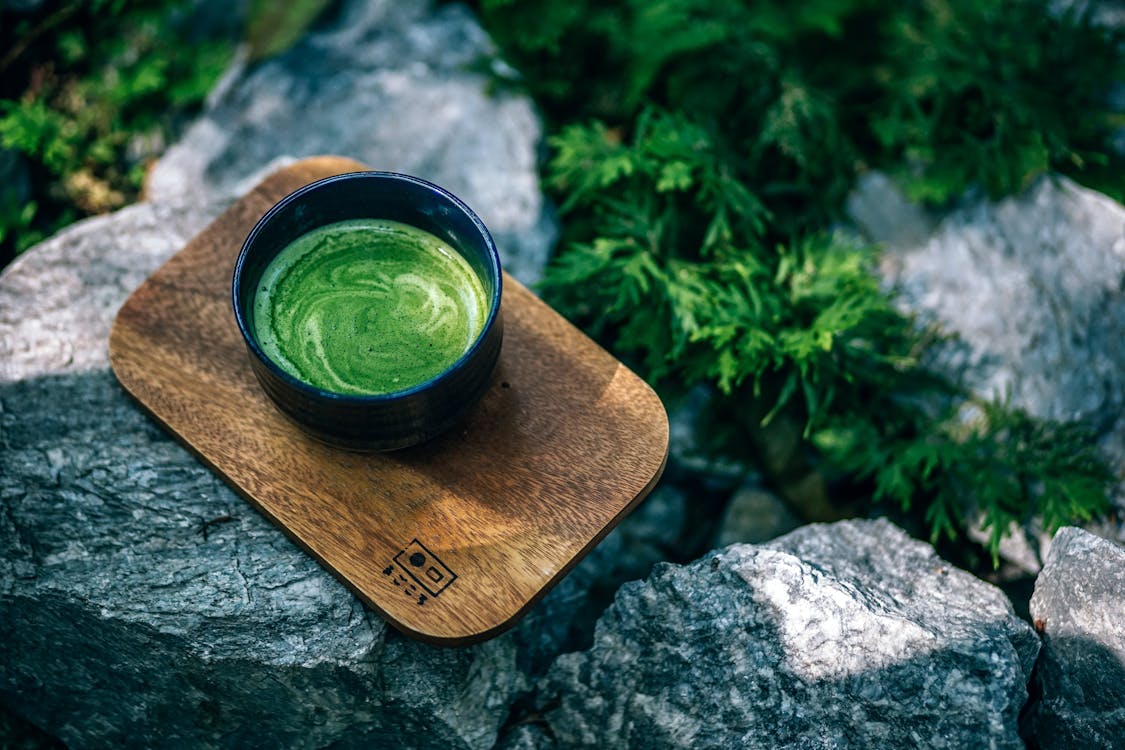Green Tea Brain Health: A New Ally Against Cognitive Decline
A groundbreaking study from Kanazawa University’s Graduate School of Medical Sciences has linked regular green tea consumption to better brain health in older adults. This research, published in the journal npj Science of Food, emphasizes the benefits of drinking three or more glasses of green tea daily, which were shown to reduce cerebral white matter lesions—a key factor in cognitive decline and dementia.
Green Tea’s Neuroprotective Effects
The study, part of the Japan Prospective Studies Collaboration for Ageing and Dementia, analyzed MRI data to explore how green tea and coffee consumption impact brain structure. White matter lesions, hippocampal volume, and total brain size were among the parameters studied. While both green tea and coffee are known for neuroprotective properties, the researchers found that coffee offered no significant benefits for white matter lesions in this particular cohort.
In contrast, participants who consumed higher amounts of green tea demonstrated a lower presence of these lesions, even after the researchers adjusted for confounding factors such as age, lifestyle, and medical history. This suggests green tea’s unique components may play a significant role in maintaining brain health.
Why White Matter Lesions Matter
White matter lesions are commonly associated with aging and are linked to cognitive decline, Alzheimer’s disease, and other forms of dementia. In fact, by reducing these lesions, green tea could potentially slow or prevent the onset of these conditions. The study’s cross-sectional design, while insightful, indicates a need for further longitudinal studies to strengthen these findings.
Green Tea as Part of a Healthy Lifestyle
Although the research demonstrates promising results, the authors caution that further basic research is needed to validate green tea’s protective effects. Nevertheless, incorporating green tea into daily diets is an easy and natural way to promote long-term brain health.
Conclusion
This study underscores the potential of green tea as a dietary ally for protecting aging brains. Furthermore, by reducing white matter lesions, green tea may help lower the risk of dementia and cognitive decline. For older adults seeking to maintain brain health, three or more glasses of green tea per day could be a simple yet impactful addition to their routine.






